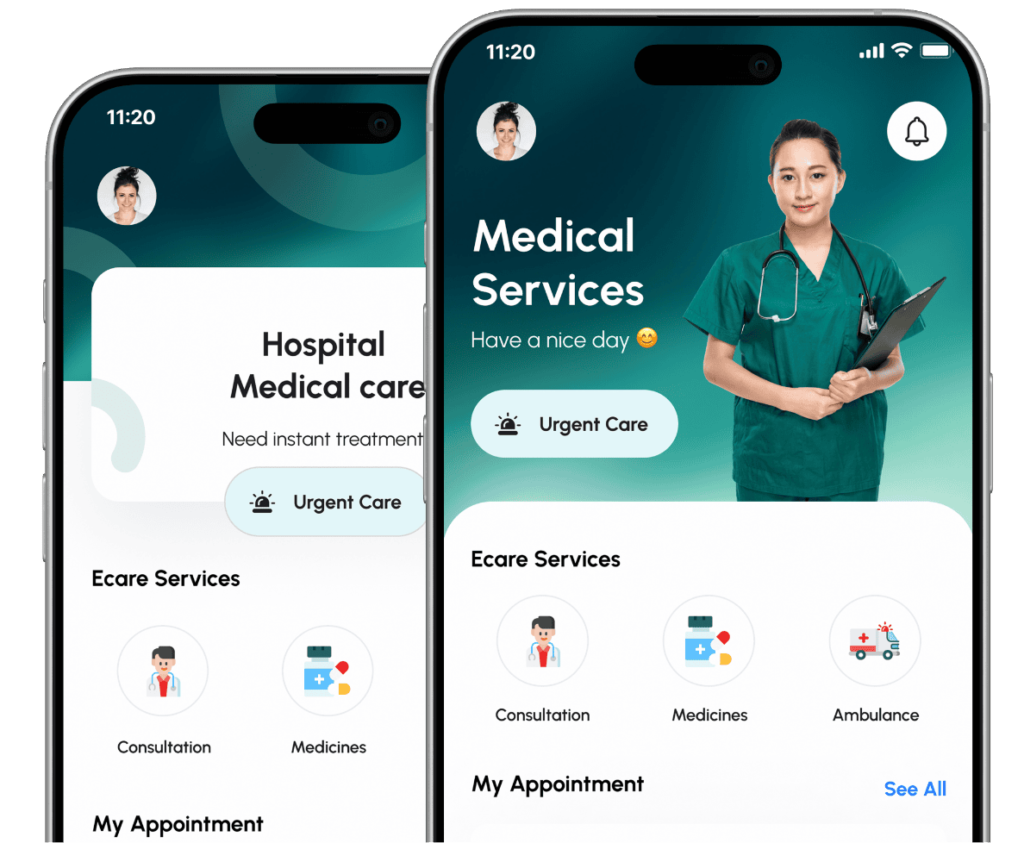Demystifying PCOS: Understanding Polycystic Ovary Syndrome and Managing Its Impact on Women’s Health
The complex hormonal condition known as PCOS (Polycystic Ovary Syndrome) can negatively affect women’s health. It has an impact on the body’s metabolic, psychological, and reproductive functions. PCOS must be understood and appropriately managed in order to minimize its effects and advance general health. The following are some salient points on how PCOS may impair women’s health and methods for minimizing those effects:
- Reproductive health
- Unreliable menstrual cycles: PCOS frequently results in unreliable menstrual periods, which can have an impact on fertility and make it difficult to conceive.
- Infertility: Women with PCOS may have more difficulty getting pregnant due to ovulation issues. Getting medical help, such as fertility treatments, can boost your chances of getting pregnant.
- Greater chance of pregnancy-related complications: PCOS is linked to a higher chance of gestational diabetes, high blood pressure, and preterm birth. For the purpose of controlling and monitoring these risks, routine prenatal care is crucial.
II Metabolic Health:
- Insulin resistance: Many PCOS-afflicted women exhibit insulin resistance, which raises the risk of type 2 diabetes and high blood sugar levels. A good diet, frequent exercise, and weight management can all assist to increase insulin sensitivity.
- Obesity and weight gain: PCOS and weight gain or trouble decreasing weight are frequently linked. A balanced diet and regular exercise can help you manage your weight and lower your risk of metabolic problems.
- Dyslipidaemia: Women with PCOS are more likely to have abnormal lipid profiles with excessive levels of triglycerides and cholesterol. Changing one’s lifestyle by adopting a balanced diet and engaging in regular exercise can help control cholesterol levels.
III. Psychological health
- Emotional difficulties: PCOS can have an effect on mental health, which can result in feelings of anxiety, depression, and low self-esteem. Managing emotional well-being requires consulting with medical experts, participating in support groups, and engaging in self-care.
- Problems with body image: PCOS-related weight changes, acne, and hirsutism (excessive hair growth) can all have an impact on how a person feels about their appearance. Self-care routines and forming a good body image can boost self-esteem.
- Stress reduction: Stress can make PCOS symptoms worse. Exercise, meditation, and participating in hobbies are examples of stress-reduction strategies that can be used to reduce stress and improve wellbeing.
- Consistent Watching and Medical Attention:
- Regular health examinations for addressing potential health risks related to PCOS, regular monitoring of blood pressure, blood sugar levels, and lipid profiles is essential.
- Drugs and hormone therapy: Doctors can recommend drugs to control menstrual cycles, treat hormonal imbalances, and enhance fertility based on a patient’s symptoms and goals.
- Individualized approach: Because every woman’s experience with PCOS is different, it’s critical to collaborate closely with medical experts to create an individualized treatment strategy that takes into account her particular needs and objectives.
Conclusion
Sri Lakshmi Global Hospital offers comprehensive treatment options for patients with PCOS. We utilize advanced technologies and a multidisciplinary approach to provide effective diagnosis and personalized care for each patient. The medical team at Sri Lakshmi Global Hospital is experienced in managing PCOS and focuses on addressing the underlying causes and symptoms of the condition. We also emphasize patient education and lifestyle modifications to promote long-term management of PCOS.
Media Resources
Media enquiries
- Office hours:
- 8.30am - 5.30pm 888-807-5000
- Call hours:
- 6am - 10pm 888-807-5000
- novant@mail.com




